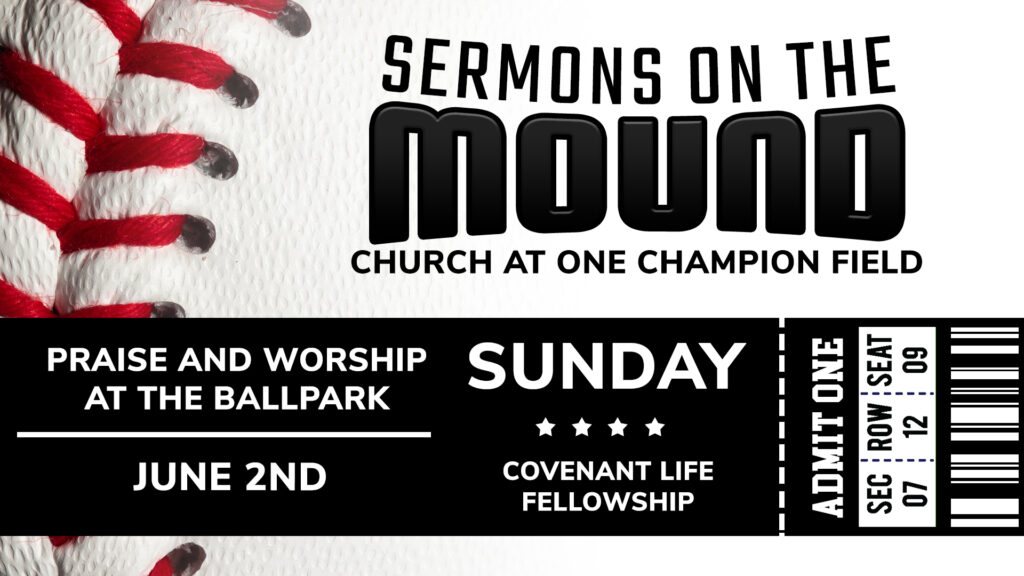Genesis 25 is a bit of a bear. There’s the death of Abraham and Ishmael—the transition to Isaac, and the introduction to Jacob and Esau. As I stated in my post last week, Genesis 25 was on the docket for this past Sunday. However, once I started looking at it more closely, I had no idea how to cover it. I broke into separate sermons. We will cover Genesis 25:12-34 this coming Sunday.
But there are two things from this Sunday’s sermon that I’d like to expound on a bit more in this post.
Isaac and Ishmael Together?
Genesis 25:9 says, “Isaac and Ishmael his sons buried him in the cave…” As I noted Sunday, this is an obvious portrait of Isaac taking on center stage in God’s story, but there’s something else here that I’m considering. Please note that this is not fully developed, so I’m including it in “musings.” These thoughts are merely “musings” or ideas that run through my head and make me ponder other portions of the Bible.
Let me start by saying that Abraham’s sons’ presence at his burial reveals peace between all of them. We can certainly say it reveals Ishmael and Isaac’s love for their dad. I’m compelled by the fact that this is the last act we read of Ishmael in the Bible, and he and Isaac are together. This makes me wonder if there was peace between the two of them. To be fair to this thought, we will study next week how Ishmael’s people were not (and are not) very peaceful (Genesis 25:18).
But here’s what I’m wondering: We know from the Bible that God calls His people to be peacemakers (Matthew 5:9), and He’s given us the ministry of reconciliation (2 Cor. 5:17-20). We also know that the world is in conflict with the gospel and the King of that gospel (John 15:18). But we also know that the believing people are to rub shoulders and dwell among non-believers to bring the gospel of peace to them. Is Isaac a forerunner to this? I don’t know. I realize that history will indicate that Ishmael’s people were and are violently opposed to Isaac’s people. But in Abraham’s burial, do we see a moment of peace between them, even though one was the son of promise and the other was not?
This has me stirred because of all the animosity in our world. I am concerned about Christians seeing non-Christians as “the enemy” or not engaging in relationships with those who don’t believe like we do because of fear or self-righteous judgments. The best way to represent Jesus is by loving your neighbor and sharing Jesus with them respectfully and gently (1 Peter 3:15-16). If we as Christians see “them” as enemies or as “the problem,” how will we ever bring the gospel to them?
Ways to Be Responsible
One of the main points in Sunday’s sermon was about God’s work in His story to fulfill His promise of blessing all nations. But the second point was about our responsibility in this work. This is important because there are two very serious errors Christians misunderstand about God’s sovereign work.
The first error is “let go and let God,” or that we don’t need to do anything because God will work out His plan with His power. I hear this often when people ask me about my belief that God is 100% sovereign over all things. People say, “If God is sovereign, why do I need to share the gospel or pray? God will save who He wants anyway and do what He wants.” This is called “hyper-Calvinism.”
The second error is that God works out His plan as we humans act. In other words, history is an unfolding drama, even to God, and He doesn’t know what will happen until we make decisions. This is called “open theism.”
Regarding this, we see two truths in the Bible very clearly: God is 100% sovereign, and humans are 100% responsible for their actions. Further, we are encouraged to pray because we have the privilege of talking to the God of the Universe, and Christians’ prayers are how God sovereignly works out His plans. The same holds true for sharing the gospel. The gospel has been sovereignly endowed with supernatural power to save people. When it is shared, God sovereignly does His work.
To add to these things, God has made humans in such a way that our actions and decisions have real effects. We’re the only creature on earth with this type of ‘power.’ So, when God acts sovereignly, He never overrides His providence in how He created us. This means God sovereignly works out His plans through the decisions that you and I make every day that have real effects on the world we live in.
This has enormous effects on our spiritual lives. If we think, “God will grow me spiritually, and I don’t need to do anything,” we’re missing the point of God’s sovereign work. God will indeed grow us by His power, but He grows us as we “work out our salvation with fear and trembling” (Phil. 2:12-13). We are to be responsible and have the ability to be responsible BECAUSE God is at work in us. That’s the point.
From the Cheap Seats
- Jack Kruger sent me the video at the bottom from an NCAA wrestler at the championships. Listen as this young man details his faith in Jesus.
- This past weekend, the Baltimore Orioles and the Pittsburgh Pirates played a baseball series against two of the youngest and most exciting teams in baseball. The last game of the series ended in the craziest fashion. Watch this video to the end: https://www.youtube.com/watch?v=jyHsaPjwzG0.
- It didn’t take the Houston Texans long to turn their franchise into a Super Bowl contender. Their draft picks made a huge impact last year, and having a good, young QB on a rookie contract helped them make critical trades.
- I don’t have a dog in the fight, but I think it would be cool to see Purdue win the NCAA Basketball Championship tonight. They were upset last year as a #1 seed by a #16 seed. If they win tonight, they’ll be the second team to be a #1 seed, get beat, and win the whole thing the following year. Virginia did it a few years ago.
To watch or listen to the sermon described in this post, please click here.
Have a great week! Christ is King!
In Christ,
Dave York




